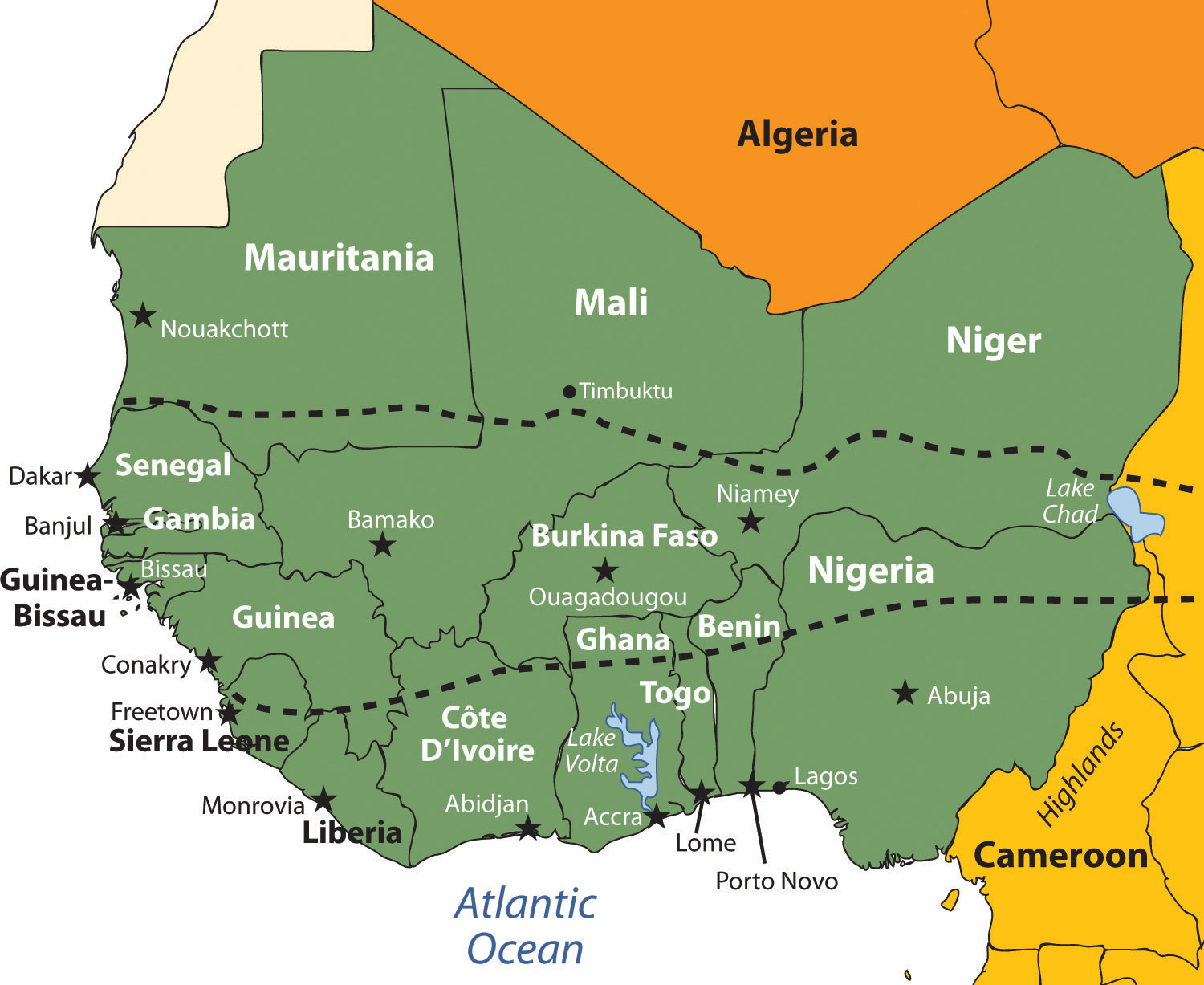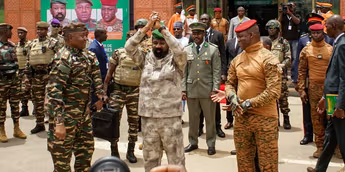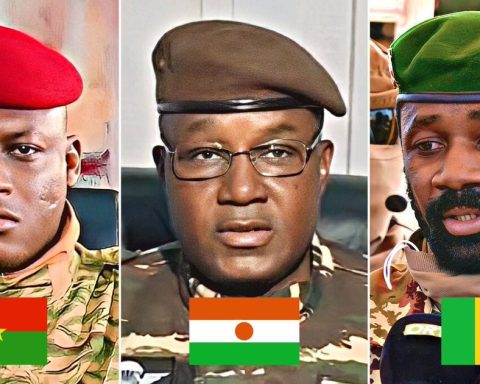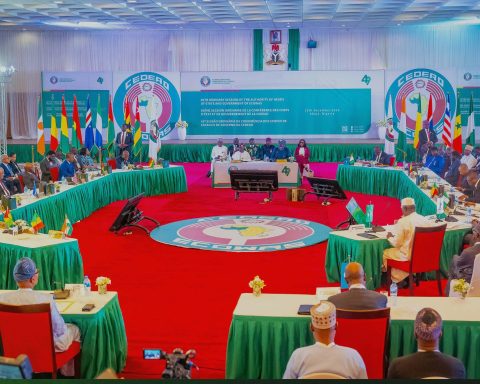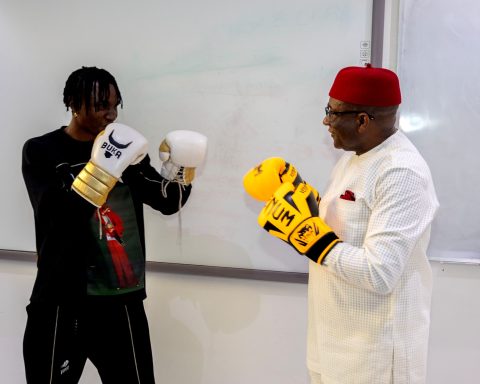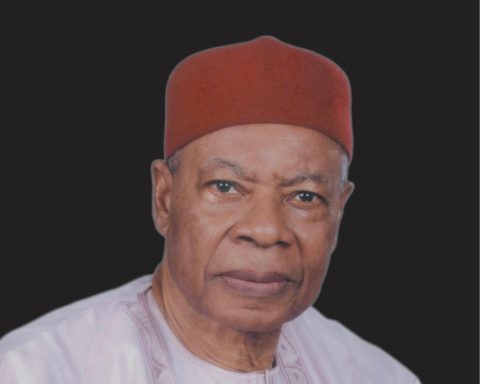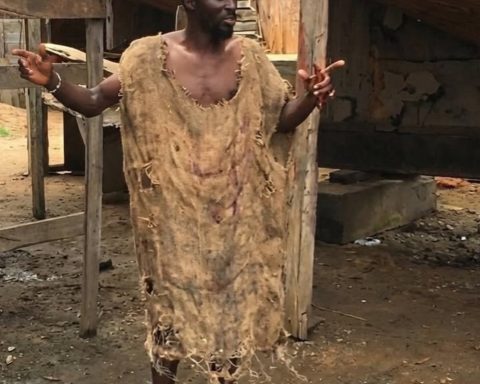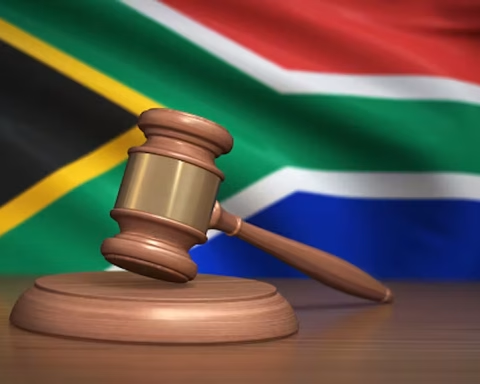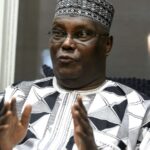A few years after some African countries gained independence, military interruption of the polity became the order of the day.
Starting with Togo on January 13th, 1963, Nigeria followed in 1966, twice, and others, including Ghana followed. The bloody incident in DR Congo in 1961 is not reckoned as a typical military coup but an assassination prompted by Western powers.
Myriad of reasons were given for each country’s military take over of government, especially corruption. However, with the recurrence of successful and unsuccessful coups that left in their trail bloodshed, democratic wind started blowing very strongly all over Africa such that by mid-1990s military government had become very distasteful as civil society groups, students and labour unions led protests everywhere.
The anathema associated with military government became more pronounced as the acclaimed vices associated with a civilian government for which it was given as a panacea tended to be worse. By 2000 military government was almost on a journey to extinction in Africa.
Join our WhatsApp ChannelIn Nigeria, the military returned to the barracks in 1999. In effect democracy has spanned(or fledged) 23 years. Amidst grievous mistakes by politicians it is believed that the country is better for it.
However, Nigeria is still dogged in many areas making it seem that democracy is not quite working; many citizens live in regret as they feel some nostalgia over what they prefer would have been the dividends of military rule in comparative terms with democracy in over 20 years.
The upsurge in insecurity which has bred terrorism, banditry and other hydra-deaded forms of criminality, has remained a huge burden on the nation such that citizens frustratingly argue and yearn for return of the military. But it is another question entirely if under military government the complex security circumstances of Nigeria and these West African countries now under democracy would have been a different story.
Shockingly, the West African sub region, indeed the Sahelian States which are also erstwhile French colonies, have come under four military coups in just about two years, 2020-2022, affecting Mali, Guinea and Burkina Faso in that order.
What are the challenges that have led to the upsurge in military coups in these countries of the sub region? It is not doubtful that the challenges are the same, ranging from political dysfunction, economic and security problems.
The round of military coups in recent times in the sub region had begun with Mali on March 18, 2020. Another one followed in May 24th, 2021. In Guinea, the military also struck on September 5th, 2021, and the latest in Burkina Faso on January 23rd, 2022
Mali has had the misfortune of security crisis. Indeed, its human rights situation was said to have reached an abysmal and distasteful level by 2020 as abuses were entrenched across the country by armed Jihadist movements, ethnic militias and even government forces. External manipulations where France is fingered in the complex strewn of insecurity ostensibly to remain atop the exploitation of mineral resources of Mali have been alleged to be part of the problem. Incessant report of abuse of civilians, public servants and even military forces led to huge discontent within the armed forces leading to eruption of political crisis.
Guinea had got its independence in 1958 but experienced its first military coup on April 3rd, 1984. Like other countries of the sub region it has had the bad luck of leadership poverty, leading to superintendent by diehard autocrats who bled the economy of the country to its knees courtesy of corruption.
The climax was to be found in the regime of Alpha Conde when he manouvred the constitution through referendum to have a third term in office. The fall out was chagrin all over as political turmoil boilt over into unprecedented crisis in 2019. He was eventually toppled in a coup on September 5th, 2021.
With Burkina Faso as the latest in the Sahel, the major reason for the coup is basically the same- insecurity. Led by Lt. Col. Paul Henri Sandaogo Damibia the ouster of President Rich Marc Christian Kabore is seen largely as an effort towards bringing an end to the Jihadist audacity in the country.
Burkina Faso had found itself enmeshed in unprecedented security crisis in which reports say an estimated 7,569 people had died in six years by 2021, with about 1.6m displaced. The Jihadist attacks mainly target civilians, government officials and security forces. This situation created discontent in the army against the manner of Kabore’s management of the country.
The impact of Jihadist attacks in Mali had been so severe that the educational system had to be shut down like in the case of Northern Nigeria where Boko Haram attacks target schools across the North East and North West.
Amid reports of mismanagement of security it was not surprising that the coup came through according to reports. It had become incontrovertible that owing to mismanagement by the government Jihadist forces got stronger while government security forces got weaker.
Indeed, the unprecedented security crisis in the Sahel which has seen forces of Iswap and Boko Haram in a Jihadist merger has led to an exacerbation of the political economy of these countries.
There have been claims of politicians sympathetic to terrorist cause in government. Such allegations have been rife in Nigeria’s federal government in the last nine years. When you add the propensity of leaders to be corrupt amidst the reality of emasculated state institutions it won’t be far-fetched to see the fragility of the states.
In such frustrating circumstances it will seem that the army is a last resort because elections are just won to replace or retain the same set of rogue politicians who aggrandise themselves with state resources while the masses of the population suffer in disease, hunger and all kinds of deprivation. Their only duty in government would seem to be to destroy the system.
These military coups are apparently a worrisome trend as they have left in their wake a fear that democracy is endangered in West Africa. But why won’t democracy be endangered in the sub region following what has become the manifestation of the syndrome of failed state running across the countries of the sub region?
In almost all the countries, insecurity is the order of the day. In some of them insecurity has developed into full blown terrorism as you have it in Nigeria where Boko Haram has declared war on the country in over a decade. Same across the Sahelian states. In these Sahelian States, just as in Mali, Burkina Faso and Guinea, others such as Chad and Niger have come under the same heavy Jihadist terrorism. We remember too well last year that it was for this cause that General Idris Derby of Chad was assassinated.
These countries are fighting for survival of their respective entities as Boko Haram and Iswap have been fighting to overrun them and enthrone an Islamic government across the countries, and indeed in West Africa. In Nigeria under Gen.Tukur Buratai, the former Chief of Army Staff, there had been reports of discontent in the army owing to funding and salary rumours. In Ghana recently following the Burkina Faso coup, unconfirmed reports also say the president was warned to be on the alert against a similar fate.
The economic conditions of these countries are very fragile and indeed not smiling. It has been a mismanagement in one form or the other. Their democratic institutions are not stable. Political parties are like criminal or cultic organisations only interested in grabbing political power for their top-level members as you have it in Nigeria. The parties are not internally democratic. They eventually outsmart themselves, grab power and exacerbate the social conditions of the people.
Corruption walks in all four as institutions of state are highly constrained and compromised. The electoral bodies defer to the government in power. Elections are marred with rigging and violence. The party with the heaviest war chest and deep pocket is declared the winner. Geriatric politicians hold sway as they are recycled from one government tenure to another. When they take over government they emasculate the opposition parties. Civil society is compromised and in most cases emasculated.
The judiciary is in the pocket of the government. Students, labour and all other people’s unions are outlawed. Social media is not left out in the blind pursuit for self preservation by the government. Civil protests become unlawful. Youth gangs are created and armed with all kinds of instruments of violence by the government and politicians to fight, maime and kill any opposing voice. Education is not encouraged as teachers’ salary is not paid, leading to endless strikes. The health sector is the same, suffering from endless strikes. Yet prices of essential commodities are allowed to soar.
The government continues to raise price of fuel and cooking gas. The infrastructure in these countries are grossly parlous. Electricity is extinct. Roads are valleys. Unemployment is at all-time high. Yet politicians steal the wealth of their countries and hide them in foreign countries of Europe and America.
The scenario above is what obtains across some of the countries in the sub region. The people cannot feel the positive impact of democracy across their countries. The circumstance has also resulted in the quest for tribes to pull out of the union to form their own separate countries. This has led to many separatist movements in the tribal regions.
In the heat of what has become a self inflicted social crisis by the government, the military is always called out of the barracks to defend the state against internally induced political, sectarian and tribal insurrections. As some of the gangs the politicians themselves created become hardened and dissatisfied with the actions of the government they pick up arms against the state, leading to banditry, armed robbery, kidnappings and killings all over the place.
This situation has led to what looks like the countries of the sub region are literally at war within their states, leading to collision between the military and the gangs. The country become awash with military grade weaponry as the gangs metamorphose into all kinds of ethnic and religious irredentist movements. The clash between these groups lead to bloodshed all over. The military becomes overstretched and exhausted.
As this sorry social condition of the countries of the sub region prevails amidst poor military hardware and poor remuneration the military begins to rethink its role. In most cases such role rethinking is what usually results in coups. To save itself and the country from immolation as a result of reckless abuse of democracy the military stages a coup. This is the fate of some West African states today. It is the mismanagement of the triune factors of democracy, insecurity and the economy that has led to coups in the sub region at this time that everywhere in the world military government has become an anathema.
In these countries life is brutish and short. Terrorist strikes kill and displace thousands of citizens. Thus you have thousands of refugees owing to internal security crisis than you will have when a country is faced with an external aggressor.
Why weep for democracy in West Africa? The politicians have been reckless with democracy. They live in opulence. Through the mismanagement of their resources they induce poverty in their respective countries. In some of them insecurity, lack of infrastructure and a nondescript economic system amongst other challenges are almost rendering the countries as failed states.
External debt is ever on the rise. The GDP shows no sign of abetting in its downward slide. This means that democracy has not paid off, accounting for the reason the people line up the streets to welcome coups instead of protesting against them.
How far has diplomatic efforts by ECOWAS gone to bring discipline to bear in these countries. It is self evident that such efforts have largely been rebuffed in Mali. The citizens have also protested against sanctions the sub regional body declared against the regime, preferring that they be left alone to find internal mechanisms to resolve the sad development of a military rule. In Burkina Faso, the people were seen jubilating on the streets.
These attitudes of the people put the sub regional body in a quandary as to how best to handle the coup in the country. Presently sanctions have been declared on Burkina Faso, including suspension.
But are sanctions really effective against coups? If they were effective would we have four coups in under two years in three countries of the Sahel, almost successively? Apparently they are not effective.
What should ECOWAS do to discourage coups? The best is that instead of weeping for democracy, ECOWAS should find a way to encourage its members to run the democratic system in a manner that institutions of state will become effective and have the power to stand against political graft. Excellent democratic culture and economic management should be seen running across the countries so that they both copy from amongst themselves.
The states should recognise that elections are not just enough to enthrone democracy but good governance is needed to avoid weeping for democracy in the sub region.
Ifeanyi Ibe lives in Lagos


